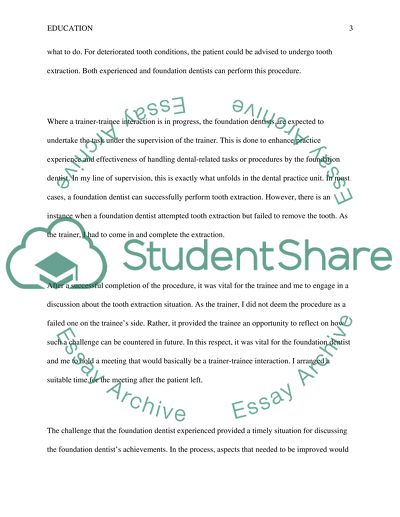Cite this document
(“Interaction during a Supervisory Episode Essay Example | Topics and Well Written Essays - 1500 words”, n.d.)
Retrieved from https://studentshare.org/health-sciences-medicine/1612926-an-analysis-of-interaction-during-a-supervisory-episode
Retrieved from https://studentshare.org/health-sciences-medicine/1612926-an-analysis-of-interaction-during-a-supervisory-episode
(Interaction During a Supervisory Episode Essay Example | Topics and Well Written Essays - 1500 Words)
https://studentshare.org/health-sciences-medicine/1612926-an-analysis-of-interaction-during-a-supervisory-episode.
https://studentshare.org/health-sciences-medicine/1612926-an-analysis-of-interaction-during-a-supervisory-episode.
“Interaction During a Supervisory Episode Essay Example | Topics and Well Written Essays - 1500 Words”, n.d. https://studentshare.org/health-sciences-medicine/1612926-an-analysis-of-interaction-during-a-supervisory-episode.


